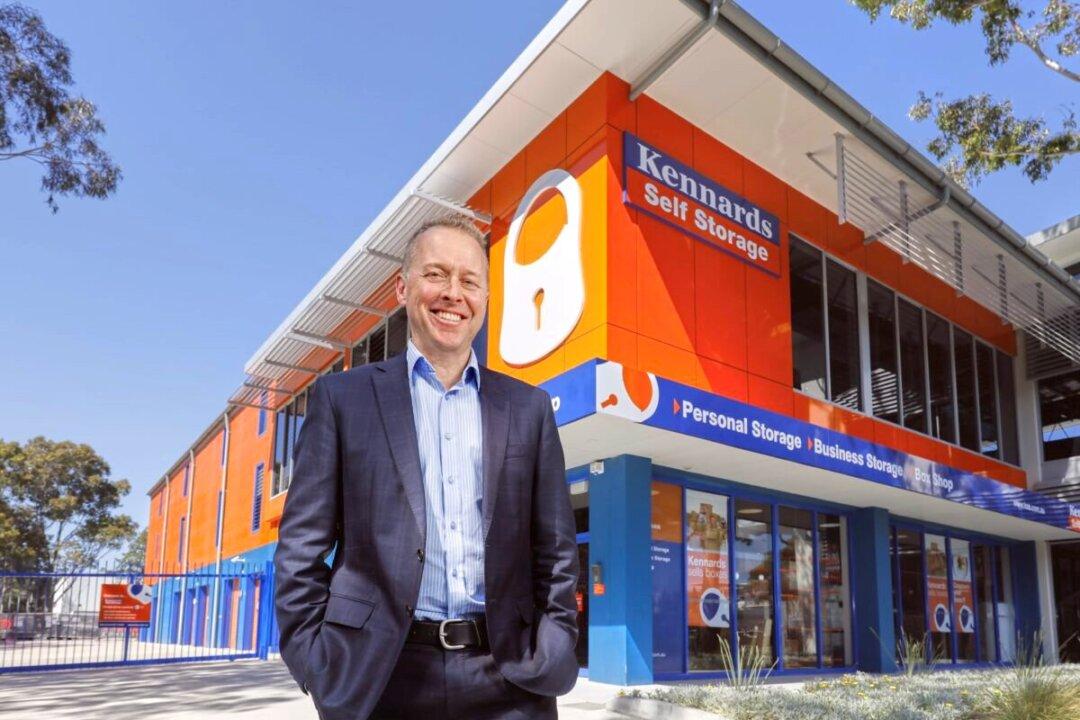Two successful business leaders agree that large Australian corporations have lost touch with their free-market roots and, similar to their U.S. counterparts, have become increasingly preoccupied with progressive agendas.
Sam Kennard, CEO of Kennards Storage, one of Australia’s largest self-storage businesses, says a recent admission by opposition leader Peter Dutton that big business was no longer aligned with the traditionally centre-right Liberal Party was on the money.





